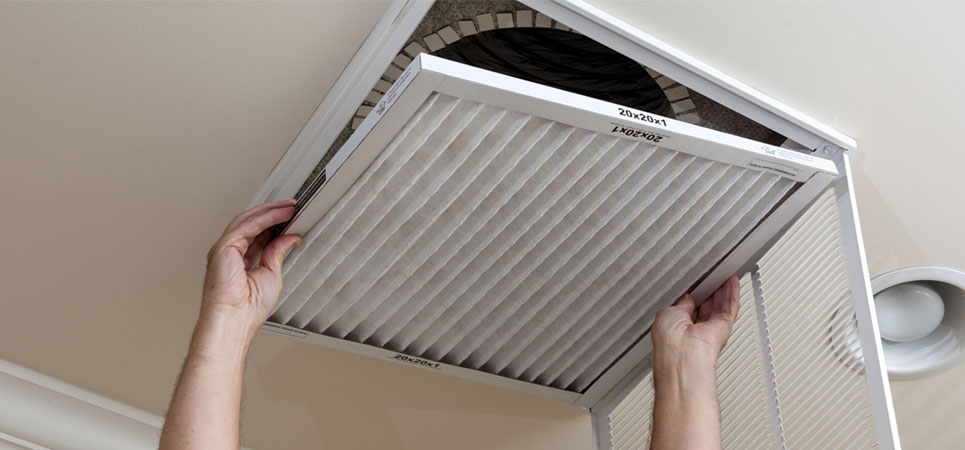
Ducted air conditioning systems are the unsung heroes of keeping your home cool during those sweltering summer months and warm in the depths of winter. But like any hardworking system, they need regular care to keep performing at their best. Wondering how often you should service your ducted air conditioner? Let’s dive into it step by step.
Why Regular Servicing is Important
Extending System Lifespan
Your ducted air conditioner is an investment. Regular servicing ensures it lasts longer, reducing the need for premature replacements. Think of it like regular oil changes for your car – small efforts now can save you big expenses later.
Ensuring Optimal Performance
A well-maintained system runs more efficiently, keeping your home at the perfect temperature without working overtime. This means lower energy bills and a more comfortable environment for you and your family.
Preventing Costly Repairs
Small problems can escalate into major issues if left unchecked. Routine servicing catches these early, saving you from surprise repair costs.
General Recommendations for Servicing
Manufacturer Guidelines
Most manufacturers recommend servicing your ducted air conditioner at least once a year. Always check your user manual for specific guidelines tailored to your system.
Seasonal Maintenance
Consider scheduling servicing at the start of each major season, particularly before summer and winter, when your system is used most heavily.
Signs That Your Ducted Air Conditioner Needs Servicing
- Reduced Airflow – If you notice weak air coming from the vents, it’s a sign that something might be blocking the system.
- Higher Energy Bills – A struggling system consumes more energy, leading to inflated bills.
- Unusual Noises or Smells – Rattling, grinding, or musty odors indicate a problem that needs immediate attention.
Types of Servicing
Professional Servicing
This involves hiring a qualified HVAC technician to inspect and maintain your system. They’ll check everything from filters to electrical connections.
DIY Maintenance
While professional servicing is essential, simple DIY tasks like cleaning filters and ensuring vents are unobstructed can help keep your system running smoothly between appointments.
Key Maintenance Tasks During Servicing
- Cleaning Filters – Dirty filters restrict airflow and reduce efficiency.
- Checking Ductwork – Ensuring ducts are sealed properly prevents air leaks.
- Inspecting Electrical Components – Technicians check wiring and connections to ensure safety and functionality.
Benefits of Seasonal Servicing
Preparing for Summer
Get your system checked in spring to ensure it’s ready to handle the heat.
Preparing for Winter
A pre-winter tune-up ensures your home stays cozy without unexpected breakdowns.
How Climate Impacts Servicing Frequency
Hot and Humid Regions
If you live in a warm area, your system works harder and may need servicing every six months.
Cold Climates
In colder regions, servicing before and after winter ensures your heating system remains efficient.
Common Mistakes to Avoid
- Ignoring Small Issues – Address problems early to avoid expensive repairs.
- Skipping Annual Servicing – This can lead to reduced efficiency and a shorter lifespan for your system.
The Cost of Regular Maintenance vs. Repairs
Long-Term Savings
Regular servicing is a small expense compared to the cost of major repairs or replacing the entire system.
Energy Efficiency Benefits
A well-maintained system uses less energy, which is good for your wallet and the environment.
Finding a Reliable HVAC Technician
Certifications and Experience
Look for licensed professionals with proven expertise in ducted air conditioning systems.
Customer Reviews
Check online reviews and ask for references to ensure you’re hiring a reputable technician.
DIY Maintenance Tips Between Professional Servicing
- Cleaning Vents and Ducts – Remove dust and debris regularly.
- Monitoring Thermostat Settings – Ensure your thermostat is working correctly to maintain consistent temperatures.
